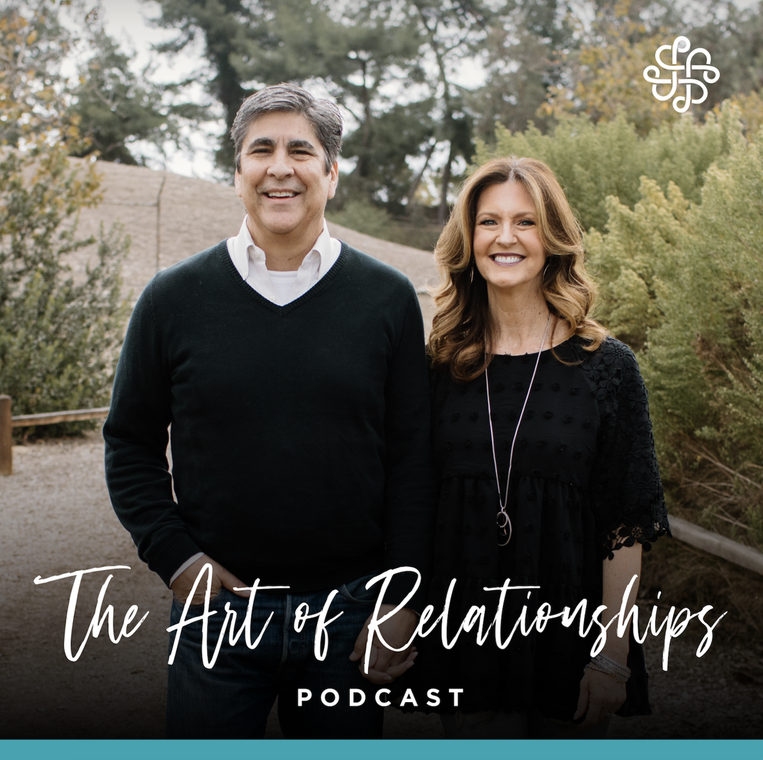How to Avoid Back to School Burnout
Hannah Edwards - November 16, 2021
Topic: Anxiety, Communication, Emotions

Being back at school is both exciting and exhausting. As we dive back into activities and school, we can often feel tired, unmotivated, or overwhelmed. This week's blog shares three helpful tips to battle these seasons of exhaustion and burnout.
Feeling exhausted? Overwhelmed? On edge? Maybe you’re feeling all of the above. As students transition to in-person classes again, feelings of anxiety, fear, and excitement flood to the surface. But how do we handle these emotions amidst the constant change? Anticipating when we might feel burnt out, knowing our capacity, and taking care of our bodies, minds, and spirits are all helpful ways of dealing with burnout. Let’s break it down further.
-
Anticipate Potential Burnout
You might be thinking that there’s no way to expect burnout. While this feeling is most definitely relatable, I think there are ways in which we can anticipate potential burnout. Looking back at past experiences helps us better understand in what situations or environments we experience burnout. And looking forward to future plans or responsibilities helps us see potentially stressful situations. Maybe you have two tests and three papers due in the next two weeks and worry that you might experience stress and intense burnout afterward. Knowing this can help you plan out appropriate times for breaks and recharges to hopefully avoid future burnout.
Are you saying “yes” too much? This is another question to keep in mind. It is easy to say yes to that late-night boba run, even when you know you have a big test in the morning. Don’t get me wrong, I’m all for spontaneous boba runs with friends! But it is also important to consider how that might affect you and your stress levels later. Don’t just say yes to social events based on how you feel during that time, but also evaluate how you might feel after. It is important to find a healthy balance so you are not constantly feeling drained.
-
Know Your Capacity
Although it is a blessing to be back in person, we still face some challenges throughout the transition. For one, our capacity and burnout levels are much lower than a year and a half ago. It does not take as long to become emotionally, physically, and spiritually drained. Our bodies and minds got used to online school, work, and social events, so it is hard for us to jump right back into in-person life again. So what can you do to shorten your burnout?
Listen to your body. If you are feeling exhausted, drained, depleted, or maybe even irritated, you might be experiencing burnout. The state of your body is a great indicator of the state of your mind and soul. If you are constantly expending emotional, spiritual, and physical energy without a proper recharge, you will hit a wall. Find time for the things that bring you joy and comfort, so you are no longer stuck going through the motions. Schedule time for breaks or walk around for ten minutes between assignments. The goal is to thrive, not just survive, and knowing your capacity helps establish healthy boundaries for work or school.
-
Take Care of Yourself
Sometimes burnout is inevitable, even when you do your best to anticipate it and set boundaries for yourself. So, what do you do to ease the pain of burnout once it hits? Take care of yourself. This goes beyond self-care habits that everyone should do on a daily basis, like drinking enough water, getting eight or more hours of sleep, and exercising. Self-care is about maintaining a healthy relationship with yourself, and this looks different for everyone. Here are a few tips for you can take good care of your body, mind, and soul:
-
Find balance
Life can be overwhelming and hard to manage. This is why finding balance within chaos is so important. Give time for yourself to do the hobbies and activities that bring you joy and peace. This will help establish balance during times when you feel “stuck” or when work and school feel unmanageable.
-
Connect with friends and family
Turning to a friend or family member for support is a great way to combat anxious feelings and burnout. Take time away from work and school and connect with the people you love. Leaning on the healthy relationships in your life can give you the energy and the encouragement to persevere through struggles. You do not have to do everything on your own and you are not alone.
-
Do nothing
Sometimes recovering from burnout is as simple as doing nothing. You may have too much on your plate and need time to reset. But instead of binge-watching another Netflix show, try reading a life-giving book or listening to an encouraging podcast. Spending time in solitude can help you recharge and regain focus and motivation.
I hope these tips will help you through seasons of burnout and exhaustion. Remember, you are not alone! And if you’re looking for more ways to battle exhaustion, check out this blog!

Hannah Edwards
Hannah joined the CMR in February 2021 and will begin her senior year at Biola University this Fall to complete her degree in Public Relations with an emphasis in Non-profit and Ministry. Her passion for integrating design with PR led to her role as the Social Media Manager for the CMR. She enjoys using her knack for PR and communication skills to positively impact the culture around her and promote building healthy relationships.

 Are You Partnering With The Holy Spirit?
Are You Partnering With The Holy Spirit?
 The Good, The Bad, & The Ugly: What To Do With Personality Tools
The Good, The Bad, & The Ugly: What To Do With Personality Tools